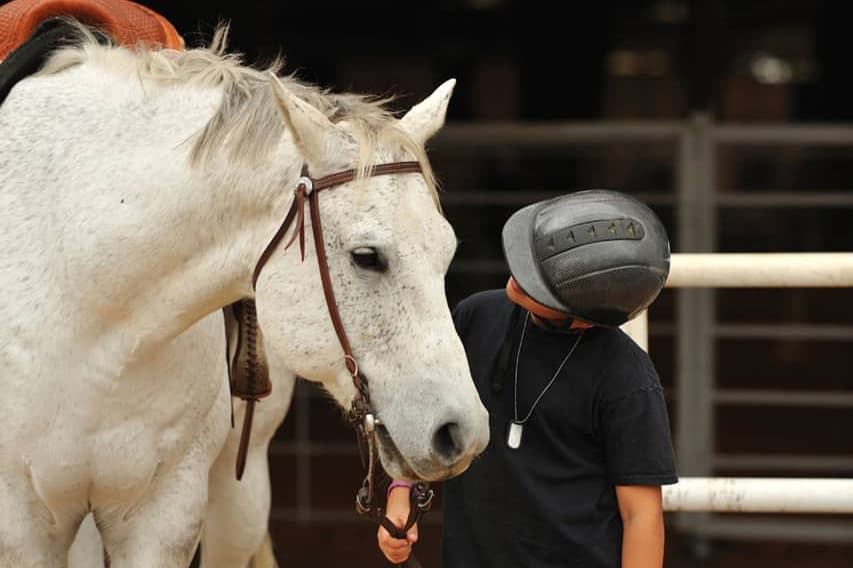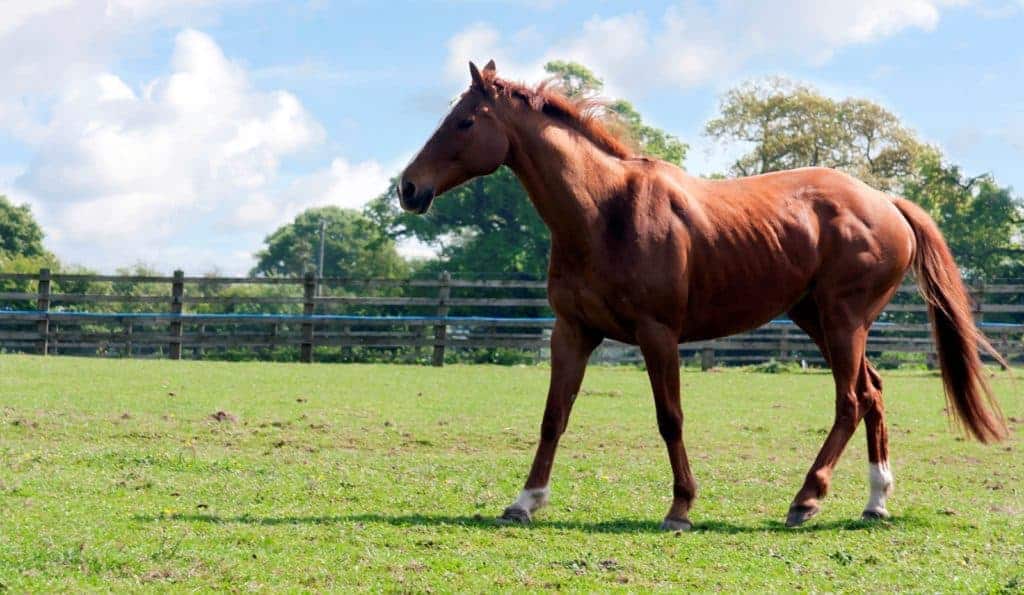
Supplementing Selenium
When does a horse need selenium supplementation, and what’s the best way to provide it? An equine nutritionist weighs in.

When does a horse need selenium supplementation, and what’s the best way to provide it? An equine nutritionist weighs in.

Non-steroidal anti-inflammatories are among the most common drugs veterinarians administer and prescribe to horses.

Can supplements improve a senior horse’s joint health once he has started showing signs of stiffness? One expert weighs in.

Equine osteoarthritis often develops subtly and is a common result of aging. Learn how a horse’s joints inevitably wear with age and how to keep him comfortable.

Maintain an exercise regimen, address your horse’s weight, and explore medication options to help keep your senior horse sound. 3 Penn Vet experts explain why.

Discover the importance of giving special attention to senior horses’ joints during Senior Horse Joint Care Awareness Week, sponsored by NexHA.

Discover what, when, and how to feed horses with metabolic issues such as EMS, ID, and PPID.

Recent study results show this treatment for osteoarthritis might benefit horses in both the short and long term.

Proper nutrition can make or break joint health. Here’s what you should know.

Use these tips to make smart mealtime decisions when feeding many types of horses.

A nutritionist answers questions about the nutritional needs of older equids, covering topics such as senior feeds, metabolic disease, and helping horses gain weight.

Here’s how veterinarians and farriers diagnose and manage this degenerative arthritic condition.

If you suspect your horse has a metabolic disease, timely and accurate diagnostic testing is essential to developing a management plan.

Two equine nutritionists answer 11 common questions about feeding horses beet pulp.

Learn more about this respiratory disease and how it affects adult horses housed on pasture in hot, humid climates.

An expert reviews material showing 2.5% polyacrylamide hydrogel (PAAG) is effective, long-lasting, and safe for treating early- and late-stage equine osteoarthritis. Sponsored by Contura Vet.
Stay on top of the most recent Horse Health news with
"*" indicates required fields